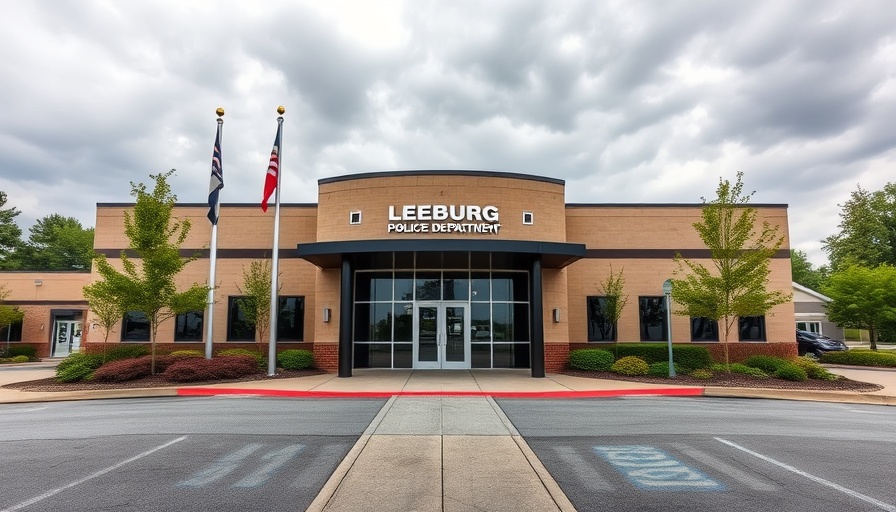
Assessing the Current Promotional Process for Supervisors
The journey to the rank of sergeant often begins long before the promotional test that sets candidates on a presumed path to leadership. Highlighting the pressing need for reform, former officer Mike Geier recalls his first experience with the promotional process back in 1978. He finished ninth in a competitive testing environment that favored seniority and generic evaluations over demonstrated ability and leadership potential. These early experiences reveal fundamental flaws within the promotional system that persist today: ineffective performance evaluations and an over-reliance on written exams that prioritize memorization rather than practical skills.
The Case for Comprehensive Leadership Training
To foster effective leaders within police departments, establishing comprehensive leadership training programs is crucial. Just as a sports team thrives on teamwork and skill enhancement, police units must also cultivate leadership skills. A structured mentorship model could pair aspiring supervisors with seasoned officers, providing hands-on guidance and meaningful feedback. This proactive approach not only equips candidates with necessary tools but can also improve community engagement by fostering an organizational culture that values personal and professional growth.
Rethinking Evaluation Metrics: From Seniority to Merit
Geier's insistence on merit-based evaluations reflects a growing critique of traditional promotional processes. By letting seniority dictate promotions, departments risk sidelining talented individuals who might lack years of experience but possess essential skills and insights. Modernizing evaluation methods to include assessment centers that mimic real-life scenarios could bridge the gap between theoretical knowledge and practical application. Such reforms would ensure public safety by prioritizing individuals who have demonstrated their adeptness in high-pressure situations.
Integrating Technology in the Promotional Process
As law enforcement agencies increasingly embrace technology, leveraging advanced policing technologies in the promotional evaluation process is both necessary and timely. Utilizing data analytics tools to assess officer performance can add empirical weight to promotion decisions. This modernization effort aligns with broader reform goals in public safety, including improving community trust and accountability through transparency. Furthermore, deploying simulations or training technology can enhance candidate preparation, ensuring that aspiring supervisors are well-equipped to navigate the complexities of modern policing.
Community Engagement as a Cornerstone of Leadership
Authentic community engagement must be an essential element of modern police leadership. Leaders who are adept at forging connections with the communities they serve are more likely to build lasting trust. Promoting officers who demonstrate an understanding of community dynamics and emphasize relationship-building in their approach will ultimately improve public perceptions of law enforcement. By enhancing community trust strategies, departments not only elevate their reputation but also improve their operational effectiveness.
Adapting to Future Trends: Preparing for Next-Generation Challenges
As society evolves, so too do the challenges and expectations facing law enforcement agencies. Preparing for future crises and embracing innovative strategies in crime prevention and response will be pivotal for successful leaders. This requires a commitment to continuous learning and adaptation, driven by data insights that highlight emerging crime trends and community needs. Instilling cultural competencies alongside tactical training will ensure that officers are not only capable responders but also empathetic leaders.
The ongoing evolution of law enforcement requires a concerted effort to rethink promotional processes for supervisors. By addressing systemic flaws, emphasizing merit over seniority, integrating technology, and enhancing community engagement, police departments can foster a new generation of leaders poised to navigate the complexities of modern policing. As departments advance these reforms, they must remain committed to transparency and community collaboration to build a safer future for all.
 Add Row
Add Row  Add
Add 

 Add Element
Add Element  Add Row
Add Row 




Write A Comment